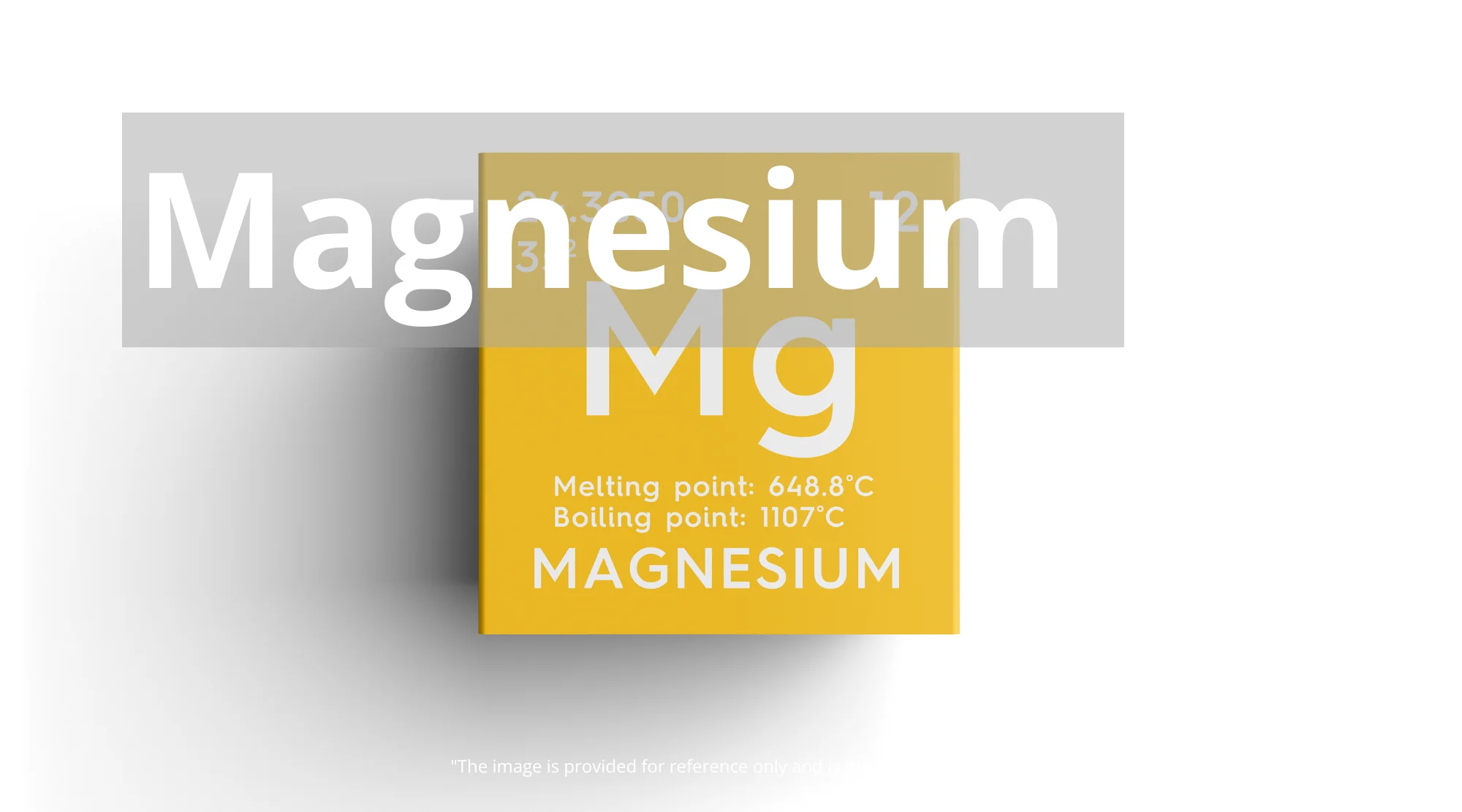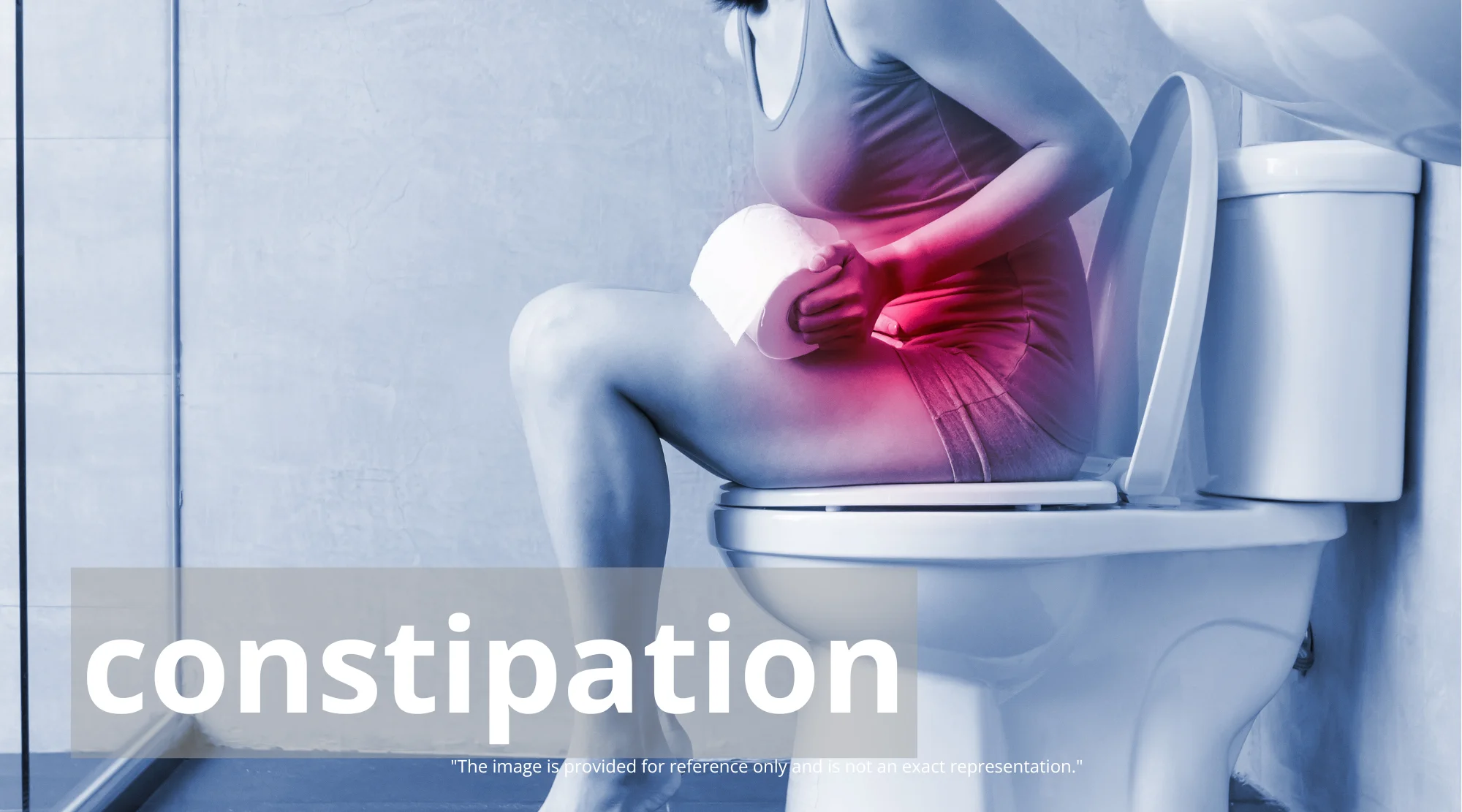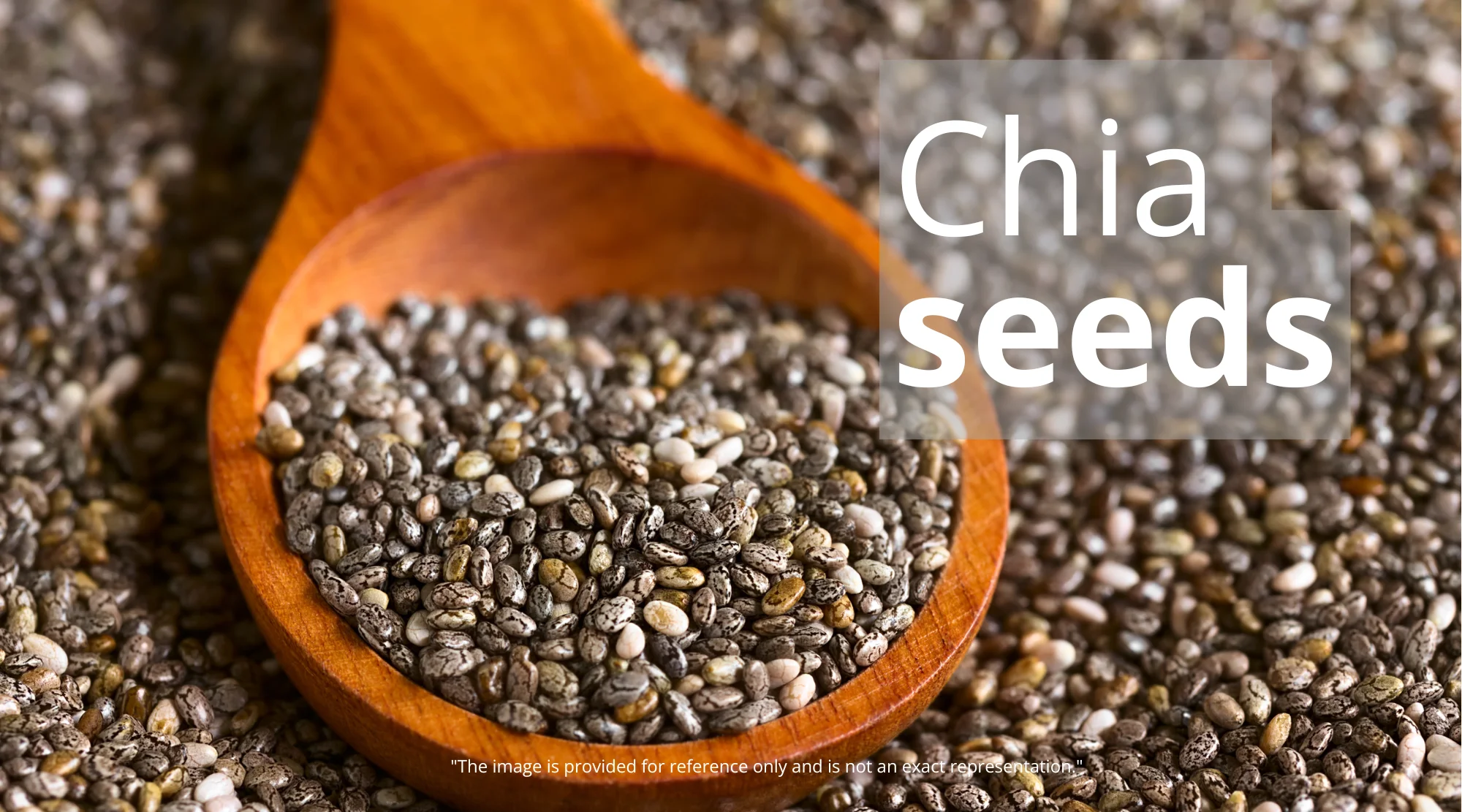The Magnesium-Sleep Connection: Separating Fact from Fiction
Are you tossing and turning at night, longing for a restful sleep? You’re not alone. Millions struggle with insomnia and sleep disturbances. In the quest for better sleep, magnesium has emerged as a popular natural remedy. But does it live up to the hype? This article dives deep into the science behind magnesium’s role in sleep, examining the benefits of oral supplements and the claims surrounding topical applications like lotions. We’ll explore what the research says, offering you a clear understanding of how magnesium can, or cannot, improve your sleep.

The Science Behind Magnesium and Sleep: Oral Supplements
Oral magnesium supplements have gained recognition for their potential to improve sleep quality. Several studies have explored this connection, uncovering mechanisms that support better rest.
Magnesium’s Role in the Body
Magnesium is an essential mineral involved in hundreds of bodily functions, including the regulation of sleep. It plays a key role in:
- Neurotransmitter Regulation: Magnesium influences the production and function of neurotransmitters like GABA (gamma-aminobutyric acid), which has a calming effect on the nervous system. This can help reduce anxiety and promote relaxation, making it easier to fall asleep.
- Melatonin Production: This mineral also contributes to the production of melatonin, the hormone that regulates the sleep-wake cycle. Adequate magnesium levels can help synchronize your circadian rhythm, leading to more consistent and restful sleep.
- Cortisol Control: Magnesium can help manage cortisol levels, the body’s primary stress hormone. Elevated cortisol can interfere with sleep, and by helping to keep cortisol in check, magnesium can indirectly support a better night’s rest.
Research Findings on Oral Magnesium
Numerous studies support the use of oral magnesium for sleep. For instance, the study by Abbasi et al. (2012), published in the Journal of Research in Medical Sciences, highlights magnesium’s ability to enhance sleep efficiency and reduce the time it takes to fall asleep. Moreover, research from Rondanelli et al. (2011) in Neuropsychiatric Disease and Treatment, emphasized magnesium’s role in reducing anxiety, which indirectly benefits sleep quality. If you’re struggling with sleep, exploring oral magnesium supplementation might be a valuable step. However, always consult with your doctor before beginning any new supplement regimen.
Magnesium Lotion: Exploring the Evidence
While oral magnesium supplements have a strong scientific backing, the effectiveness of topical magnesium, particularly in the form of lotions and sprays, is a subject of debate. Let’s examine the evidence and the potential benefits.
Transdermal Absorption: Myth or Reality?
The premise behind magnesium lotion is that the mineral can be absorbed through the skin, a process known as transdermal absorption. However, the skin acts as a barrier, and the effectiveness of transdermal absorption is questioned by dermatologists and experts. While some small studies suggest limited absorption, there’s a lack of evidence that enough magnesium enters the bloodstream to significantly impact sleep.
The Placebo Effect and Other Factors
Even if transdermal absorption is limited, magnesium lotion may still offer indirect benefits. Some people experience:
- Relaxation through massage: The act of applying lotion and massaging it into the skin can be a relaxing bedtime ritual.
- Muscle comfort: Magnesium might help reduce muscle tension, which can contribute to a sense of relaxation.
- Placebo effect: The belief that the lotion will improve sleep can also play a role, highlighting the importance of a regular bedtime routine.
Expert Perspectives on Topical Magnesium
Experts remain cautious about recommending topical magnesium for sleep due to the limited clinical evidence supporting its efficacy. While the potential for harm is low, the direct impact on sleep quality is largely anecdotal. It’s essential to approach these products with realistic expectations and consider them as potential supplements to a sleep hygiene routine.
For those interested in supporting a better night’s rest, explore the power of mindful movement to enhance your well-being.
Comparing Oral Supplements and Magnesium Lotion
Understanding the key differences between oral magnesium supplements and magnesium lotion is crucial for making informed choices. Here’s a comparative look:
| Feature | Oral Magnesium Supplements | Magnesium Lotion |
|---|---|---|
| Evidence Base | Strong scientific support | Limited scientific evidence |
| Absorption | Efficient absorption through the digestive system | Questionable transdermal absorption |
| Mechanism | Directly increases magnesium levels in the body | Indirect effects through relaxation and muscle comfort |
| Sleep Benefits | Proven to enhance sleep efficiency, reduce sleep latency, and reduce stress | Potential to reduce muscle tension, relaxation through massage, and placebo effect |
| Recommendation | Often recommended for those with deficiencies or sleep issues | Should not replace evidence-based treatments for sleep disorders |
The Bottom Line: Which is Right for You?
If you’re considering magnesium to improve your sleep, the best approach depends on your individual needs and preferences. Oral supplements are supported by scientific evidence, making them a more reliable option. Magnesium lotion may offer a relaxing bedtime routine, but the scientific evidence supporting its sleep-enhancing effects is limited. It’s best to discuss your needs with a healthcare professional to determine the most appropriate method for you. Also, explore more about the effects of sleep and brain health.
Beyond Magnesium: Other Strategies for Better Sleep
While magnesium can be a valuable tool, it’s just one piece of the puzzle. Implementing other healthy habits can significantly improve your sleep quality. Here’s what you should consider:
Establishing a Consistent Sleep Schedule
Going to bed and waking up at the same time every day, even on weekends, helps regulate your body’s natural sleep-wake cycle. This consistency promotes better sleep quality and easier transitions into and out of sleep. This is essential for a healthy lifestyle, which can also be boosted by applying other simple and proven wellness tips.
Creating a Relaxing Bedtime Routine
Develop a calming bedtime routine to signal to your body that it’s time to sleep. This could include:
- Taking a warm bath or shower.
- Reading a book (a physical book, not on a screen).
- Listening to calming music.
- Practicing relaxation techniques, such as deep breathing or meditation. Consider exploring how to master stress with proven strategies for a calmer and healthier you.
Optimizing Your Sleep Environment
Your bedroom should be dark, quiet, and cool. Consider using:
- Blackout curtains to block light.
- Earplugs or a white noise machine to reduce noise.
- Maintaining a comfortable room temperature.
Limiting Screen Time Before Bed
The blue light emitted from electronic devices (phones, tablets, computers) can disrupt your body’s natural sleep cycle. Avoid screens for at least an hour before bed. If you must use a screen, use a blue light filter. The dangers of smartphone addiction to mental health are also to take into account.
Diet and Exercise
What you eat and how much you exercise have a significant impact on your sleep.
- Diet: Avoid caffeine and alcohol close to bedtime. Eat a balanced diet and avoid heavy meals before bed. Explore our guide on how to unlock your youth.
- Exercise: Regular physical activity can improve sleep quality, but avoid intense exercise close to bedtime. Consider the exercise benefits to supercharge your health.
By incorporating these lifestyle changes, you can significantly improve your sleep quality and overall well-being.
Frequently Asked Questions
Here are some common questions about magnesium and sleep:
- Q: Can magnesium lotion help with restless legs syndrome?
- A: While some users report improvements, the scientific evidence is limited. Oral magnesium supplements are often recommended.
- Q: Is magnesium lotion safe?
- A: Generally, magnesium lotion is considered safe. However, it’s essential to check for any potential allergens or sensitivities.
- Q: What is the best form of magnesium to take for sleep?
- A: Magnesium glycinate and magnesium citrate are often recommended for their high bioavailability and potential sleep benefits.
- Q: Can I take too much magnesium?
- A: Excessive intake of magnesium supplements can lead to side effects, such as diarrhea and abdominal cramping. Always follow recommended dosages and consult with a healthcare professional.
Summary: Prioritizing Sleep and Making Informed Choices
The relationship between magnesium and sleep is complex, with oral supplements backed by stronger scientific evidence than topical applications. While magnesium lotion can offer indirect benefits through relaxation, it should not replace evidence-based treatments for sleep disorders. By understanding the science, making informed choices, and adopting other healthy sleep habits, you can pave the way for a restful and rejuvenating night’s sleep. Remember, prioritizing sleep is crucial for overall health and well-being. Consider this as part of a comprehensive approach to your health, as highlighted in our guide to mastering fitness.














3 comments